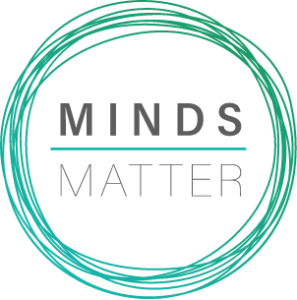Learn from the mistakes of others. You can't live long enough to make them all yourself.
Eleanor Roosevelt
I love learning from other’s experiences and accomplishments- it’s inspiring and motivating. But sometimes I think we underestimate the importance of cautionary tales.
In a society where we are inundated with others’ (often inflated and exaggerated) successes and where it is sadly uncommon to hear ‘I’m responsible for this problem’, or ‘I should’ve done better’, we can start to believe we’re the only ones with any shortcomings.
Of course, it’s possible to become overwhelmed with the negative, both in ourselves and in others, which is certainly not the goal. As with almost everything, balance is key. But if you find yourself reading or hearing only about others’ glowing achievements, perhaps you should seek out some wiser and more honest accounts of the very real struggles we all encounter sometimes.
Anthropologists believe that one of the main homo sapiens features that set us apart from other mammals (besides our super-handy opposable thumbs) is our ability to not only model behavior we see in others, but to expand and improve it so there is continued increase in knowledge through generations. As an example, adult chimps can show their young to use a rock to smash nuts, but there are no nut-smashing improvements after that, and the learning process begins all over again at the same point with future generations.
Compare this to humans, who after learning a task are prone to immediately ask, ‘How can this be better/easier/faster?’ It’s this that allows each generation to accomplish what was inconceivable just years before. We could never live long enough to build an aircraft if we had to re-learn everything Newton did about gravity before we could start; we are able to learn and create much faster and more effectively by building on what our ancestors understood.
Back to the balance issue- why should we not use this same logic to apply to the downside of accomplishment? By looking at others’ mistakes and missteps we can accelerate our own progress toward improving our own circumstances, and hopefully grow not only older every year, but wiser as well!

Minds Matter does not provide crisis or emergency services. If you or someone you know is currently suicidal, violent, severely confused, paranoid, or hallucinating, IMMEDIATELY CALL 911.
After the immediate crisis, click here for a list of resources for assistance with suicidality, substance abuse, or severe mental health symptoms such as paranoia, delusions (losing touch with reality), or hallucinations (seeing or hearing things that aren’t there.)